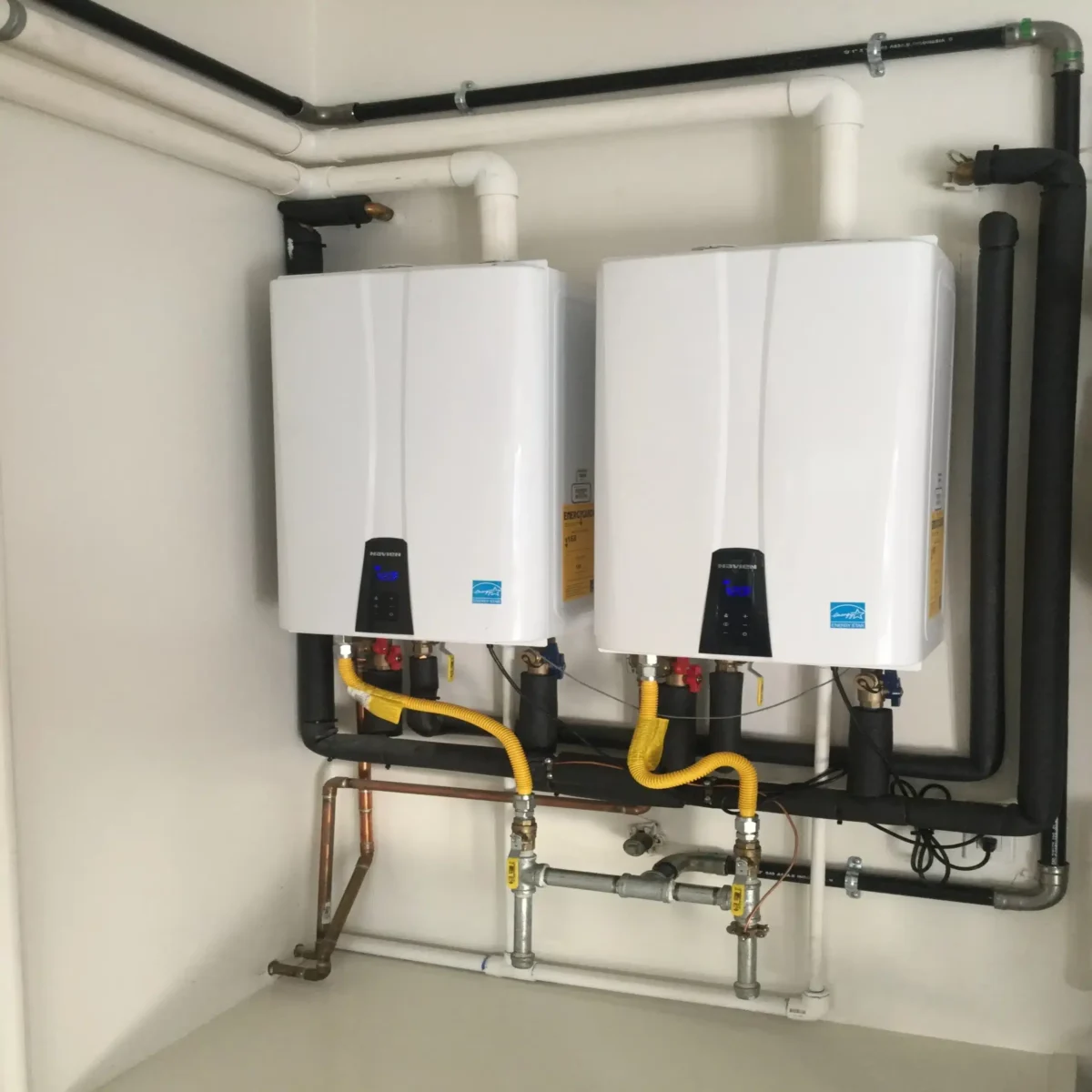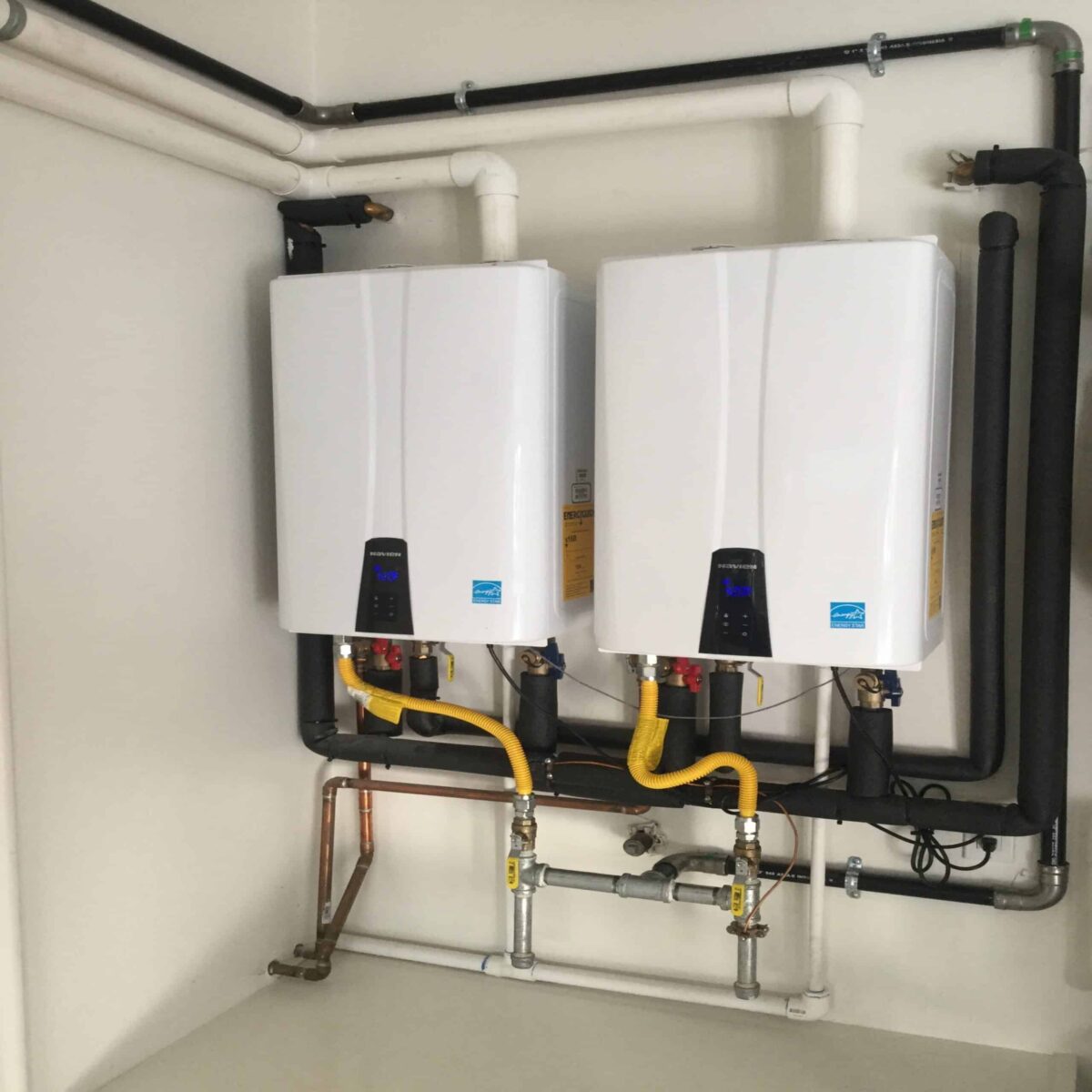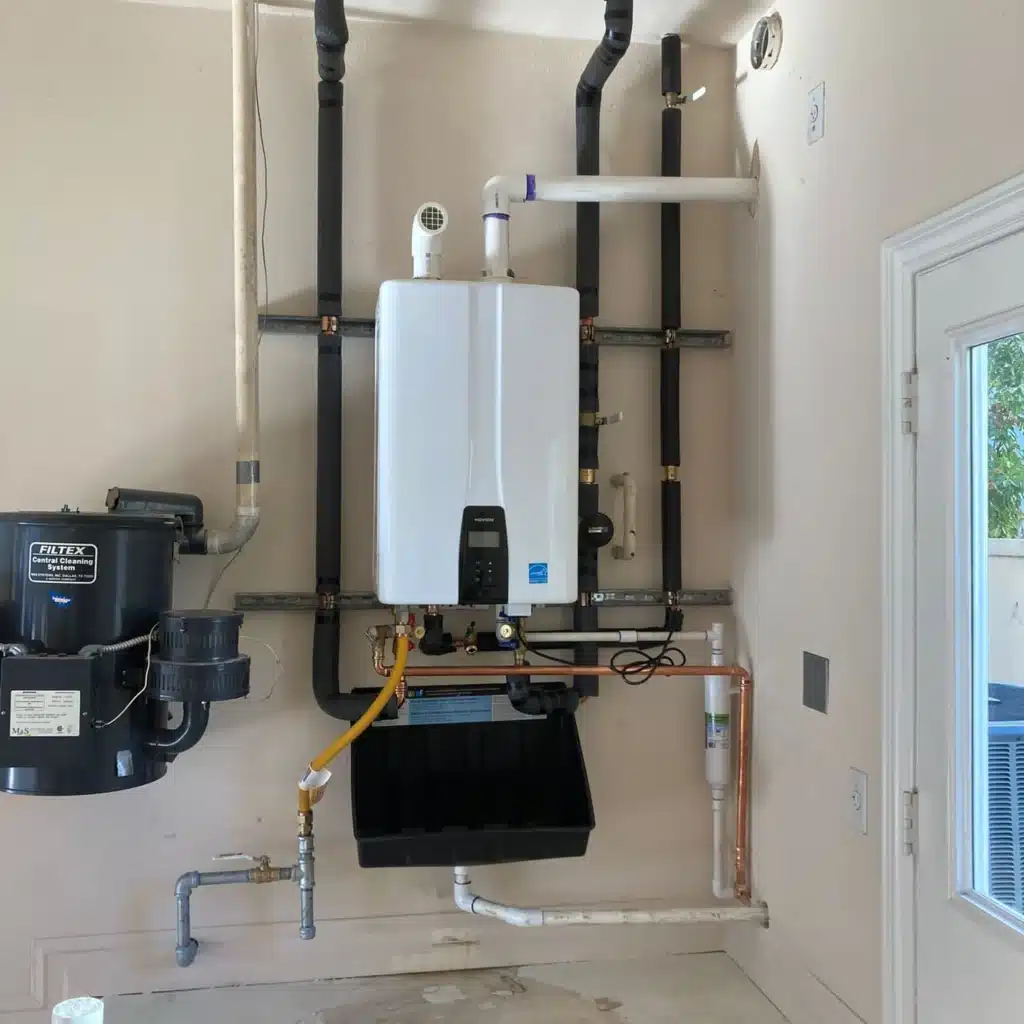Tankless Water Heater Maintenance Tips to Keep Yours Running Smoothly
Tankless water heater maintenance is the secret to keeping your hot water flowing efficiently and your system running smoothly for years. Without regular care, mineral buildup, clogged filters, and poor ventilation can slowly reduce the heater’s performance and lifespan. But with the proper upkeep—like descaling, checking filters, and ensuring adequate ventilation—you can avoid costly repairs and enjoy reliable, energy-efficient hot water whenever needed.
Following a few expert tips can protect your investment and save time, money, and potential headaches.
Preventative Care for Tankless Water Heaters: Why It’s Important?
Like any hardworking appliance in your home, your tankless water heater needs some TLC to keep it running smoothly. While these systems are known for their durability and efficiency, neglecting routine maintenance can lead to common issues like mineral buildup, reduced water flow, or overheating. Left unchecked, these problems can snowball into costly repairs or a complete system failure.
Taking proactive steps as part of your tankless water heater maintenance routine—like descaling, replacing filters, and inspecting for leaks—can prevent future headaches and help extend the life of your unit. Regular upkeep isn’t just about avoiding problems; it’s about ensuring your water heater performs at its best daily.
For more tips on fixing water heater issues, check out common water heater problems and solutions.
How to Maintain a Tankless Water Heater: Tips and Best Practices
Tankless water heaters are built to last, but like any hardworking appliance, they need a little care to deliver hot water whenever needed. Proactive tankless water heater maintenance is the key to avoiding unexpected breakdowns and ensuring your system stays efficient.
While plenty of DIY hacks are available, here are some proven tips for extending the life of tankless water heaters. These tips will help you get the most out of your investment.
- Descale Your Water Heater Regularly: If you live in an area with hard water, mineral buildup is your heater’s worst enemy. Scale can clog the unit, reduce efficiency, and damage internal components. Plan to descale your system at least once a year—or more frequently if your water is particularly hard. Use a vinegar solution or a commercial descaling kit to remove the scale effectively.
- Check and Replace the Water Filter: Water filters trap debris and sediment that could harm your heater. Over time, though, the filter can get clogged, affecting water pressure and performance. As part of your maintenance tips for tankless water heaters, check the filter every six months and replace it if it looks dirty or worn out.
- Inspect the Ventilation System: Proper ventilation is crucial for safety and efficiency. Ensure the venting system is clear of obstructions like leaves, debris, or nests. This prevents overheating and reduces the risk of carbon monoxide buildup.
- Flush the System for Optimal Flow: Flushing removes sediment buildup accumulating in the unit over time. Use a pump and vinegar solution to flush the system and restore optimal flow. Performing this task annually helps prevent clogs and ensures consistent hot water.
- Check for Leaks: Inspect the pipes, connections, and valves for any signs of leakage. Catching leaks early prevents significant water damage and costly repairs.
- Inspect the Burner and Flame: A clean, blue flame indicates your burner works correctly. If the flame is yellow or irregular, it might be time for professional cleaning or adjustments.
- Check the Error Codes: Your heater’s display panel will show error codes for potential issues. Consult your user manual to understand these codes and troubleshoot as necessary.
- Monitor Water Quality: Hard water can damage your system. Installing a water softener can protect your heater from mineral buildup and corrosion. Explore Pristine Plumbing’s water softener services for a long-term solution to water quality issues.
While many tasks can be done yourself, scheduling an annual inspection with a certified technician ensures your system stays in peak condition.
Contact Tankless Water Heater Cleaning and Upkeep Specialists
Pristine Plumbing is your go-to team for keeping your tankless water heater in excellent shape. Our licensed and certified technicians are experienced in tankless water heater maintenance, cleaning, and repair. From descaling to filter replacement, we’ve got you covered.
We also offer flexible maintenance plans tailored to your needs and budget, ensuring your system stays efficient year-round. Ready to keep your tankless water heater running smoothly? Explore our tankless water heater services.
Schedule an appointment to keep your water heater in top shape.



